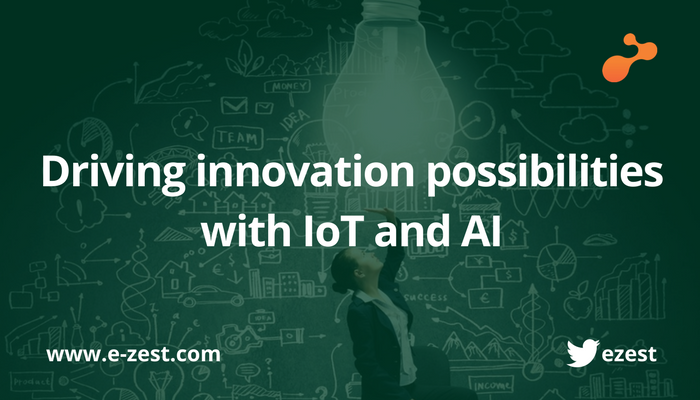Analytics has the potential to transform your business for it will tell you how high to throw the ball for that winning shot in business. Big Data technologies have become vital for every company's development and evolution and some have learned lessons on how to use them to succeed.

Big Data is 'The Buzzword' and is rapidly becoming the trending topic of discussion in the IT industry globally. It might seem to many that Big Data has appeared from nowhere. But in reality, Big Data is not very new. It is fast moving into the mainstream and gaining a lot more attention because of its low cost storage, free availability of many popular open source software to support data processing and analysis.
The increasing connections to information via cloud and the virtualized infrastructure is pushing Analytics and Business Intelligence to the top technology of priority for the CIOs and CFOs alike. Today, there are many sophisticated ways to monitor and capture the growing chunks of data. Not just the cameras, but the extensively used wearables, sensors and devices that virtually capture every aspect of our lives. Everything right from food intake, the kind of clothes we wear and our various interactions are closely monitored.
In the earlier days, in the absence of some of today's big data tools, processing large sums of data often meant working with summary data that could vastly compromise the accuracy of analytics.
Today there are many Big Data tools that are well-known for its high performance, scalability, availability and ease of operations like MongoDB, Hadoop, Kafka, Spark and other big data frameworks.
These tools have proven to be especially useful as building blocks of agile development. They break the problem down into smaller chunks, divide and conquer. This could also largely reduce the amount of code developers have to usually write to make the big data actionable.
These tools also enable your agile engineering practices. They quickly process the large volumes of data in order to serve the most relevant ones to the users.
It is not surprising that many business leaders today have realized no other technology in the recent past has directly impacted or has the ability to affect the lives of so many - right from the developer to the business owner, to the CIO and finally to the customer himself.
It is clear that it does not refer to just large sums of data, there is something more to it! Big Data is not only about the content that is created, nor is it just about the consumption.
It is more about the analysis of the data and how it needs to be done that puts you on the path of transformation.










